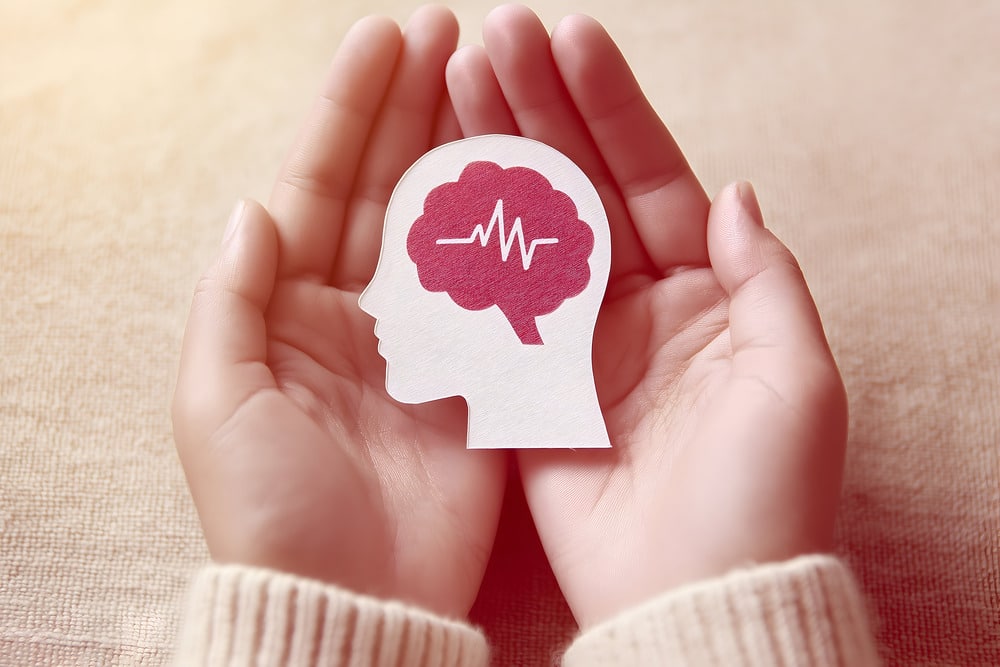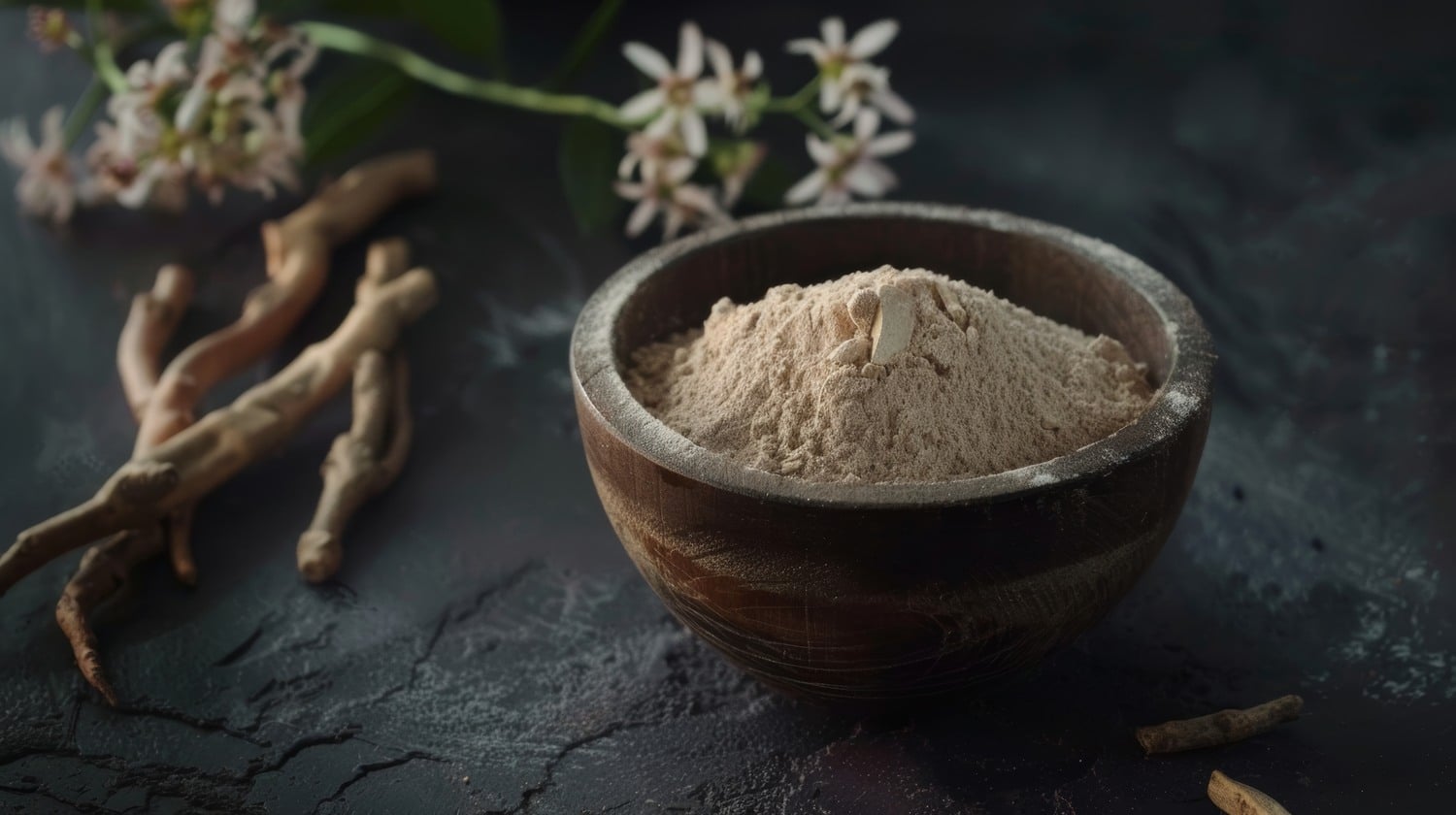Ibogaine, a naturally occurring alkaloid found in the African shrub Tabernanthe iboga, has garnered attention for its potential in treating substance addictions. Its mechanism of action is multifaceted and not fully understood. It’s believed to act on various neurotransmitter systems, including the serotonin, dopamine, and opioid systems. By modulating these pathways, Ibogaine can influence craving and withdrawal symptoms. Additionally, its psychoactive properties, which can induce introspective and vivid dream-like experiences, are thought to contribute to its potential therapeutic effects. As research continues, a clearer understanding of Ibogaine’s mechanism will be pivotal in optimizing its use in addiction treatment.
About Author
Aeden Aeharn is the founder of Experience Ibogaine and has dedicated his life to helping people overcome addiction through ibogaine treatment. After struggling with heroin and other substances throughout his teenage years—and cycling through countless traditional rehab programs—Aeden discovered ibogaine in 2012 when he traveled to Mexico for treatment. The experience transformed his life, eliminating withdrawal symptoms and giving him a renewed sense of clarity, gratitude, and purpose.
Motivated by his own recovery, Aeden chose to remain in Mexico to support others going through the same process. Over the past decade, he has worked with more than 2,500 patients, combining personal experience with a medically supervised, compassionate approach to treatment. Today, through Experience Ibogaine, Aeden continues to guide individuals toward lasting sobriety and a renewed appreciation for life.
About The Author




